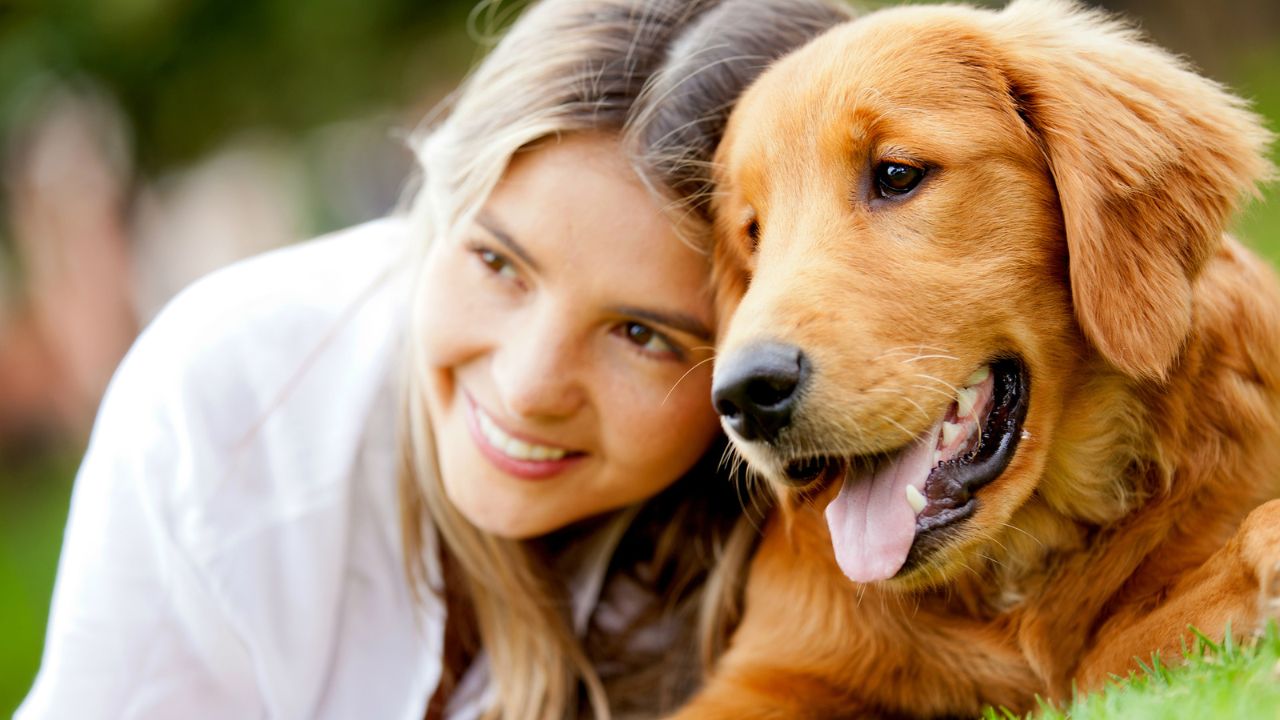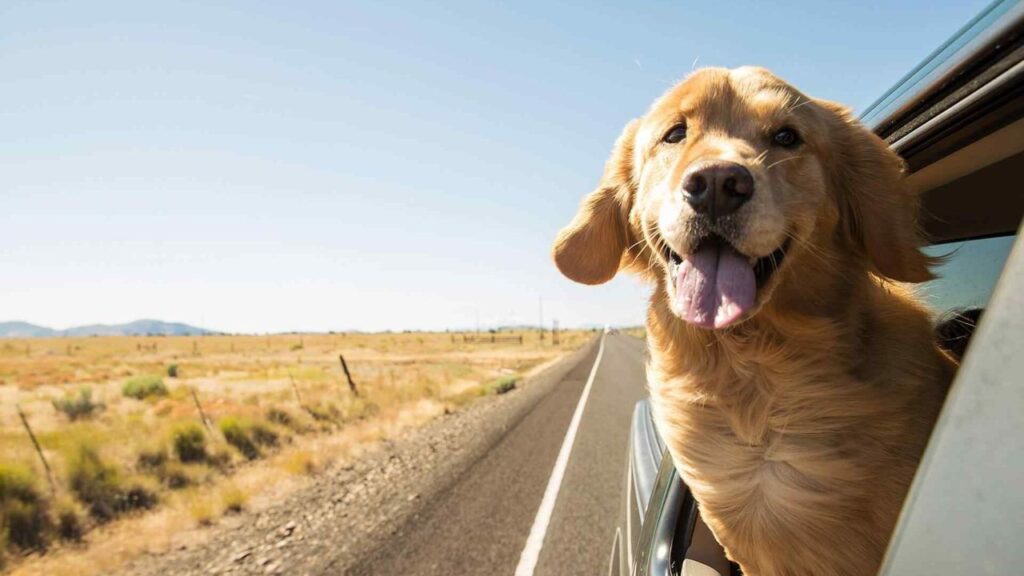
Welcoming a furry friend into your home can bring immense joy and companionship. When it comes to friendly lap dog breeds, the emphasis is not just on their size but also on their friendly demeanor. In this guide, we’ll explore the world of friendly lap dog breeds, helping you make an informed decision about the perfect four-legged companion for your lifestyle.
Characteristics of Friendly Lap Dogs
Lapdogs, by definition, are small and affectionate breeds that love to cuddle and be close to their human family members. They are known for their friendly and sociable nature, making them excellent companions for individuals and families alike. When considering a lap dog, it’s essential to understand the characteristics that define their friendliness.
Top 5 Friendly Lap Dog Breeds
Cavalier King Charles Spaniel
Known for their gentle and affectionate nature
Ideal lap dogs for families with children
Shih Tzu
Playful and outgoing, making them great companions
Require regular grooming to maintain their luxurious coat
French Bulldog
Compact size with a charming personality
Known for their loyalty and adaptability
Pomeranian
Energetic and intelligent lap dogs
Require mental stimulation through play and training
Bichon Frise
Cheerful and affectionate temperament
Hypoallergenic coat, suitable for allergy sufferers
Choosing the Right Friendly Lap Dog for You
Selecting the perfect lap dog involves a thoughtful consideration of your lifestyle and preferences. Assessing your living situation, activity level, and the amount of time you can dedicate to your furry friend is crucial. Each breed has unique characteristics, and finding the right match ensures a harmonious relationship between you and your lap dog.
Training Tips for a Friendly Lap Dog
Training your lap dog is a rewarding experience that strengthens the bond between you and your pet. Positive reinforcement techniques, such as treats and praise, work wonders in teaching obedience and good behavior. Consistency and patience are key elements in creating a well-behaved and happy lap dog.
Health and Care for Lap Dogs
Despite their small size, lap dogs may have specific health considerations. Regular veterinary check-ups, a balanced diet, and proper exercise contribute to their overall well-being. Grooming needs vary among breeds, so understanding your lap dog’s coat type and grooming requirements is essential for their comfort and health.
Integrating a Lap Dog into Your Family
Preparing your home for a new lap dog involves creating a safe and comfortable environment. Involving family members in the care and playtime activities ensures that your lap dog feels loved and welcomed. As social animals, lap dogs thrive on human interaction and become cherished members of the family.
Socialization and Interaction
Socializing your lap dog from an early age is crucial for their development. Positive interactions with other pets, people, and various environments contribute to a well-adjusted and happy lap dog. Regular outings and playdates help build their confidence and prevent behavioral issues.
Traveling with Your Lap Dog

For many lap dog owners, the idea of leaving their furry friend behind during travel is unthinkable. With proper preparation and the right accessories, traveling with a lap dog can be a stress-free experience. Whether by car or plane, ensuring your pet’s safety and comfort is a top priority.
Myths and Facts about Lap Dogs
Dispelling common misconceptions about lap dogs is essential for potential owners. While some believe lap dogs are high-maintenance or delicate, the reality is that they come in various temperaments and energy levels. Understanding the facts helps prospective lap dog owners make informed decisions.
The Impact of Lap Dogs on Mental Health
The emotional support provided by lap dogs is well-documented. Their companionship has been shown to reduce stress, anxiety, and loneliness. Studies indicate that the presence of a lap dog can contribute positively to mental health, making them valuable additions to households seeking emotional support.
Celebrities and Their Lap Dogs
Celebrities often play a role in popularizing lap dog breeds. From Hollywood stars to musicians, many public figures advocate for lap dog adoption and share their joyous experiences with their furry companions. Learning about the lap dogs chosen by celebrities adds a touch of glamour to these already charming breeds.
DIY Lap Dog Accessories
Bonding with your lap dog can extend beyond daily walks and playtime. Creating homemade accessories, such as personalized collars, cozy beds, or stylish outfits, provides a fun and creative way to connect with your furry friend. Engaging in DIY projects enhances the bond between you and your lap dog.
Adopting a Lap Dog: Pros and Cons
While lap dogs offer unparalleled companionship, potential owners should weigh the pros and cons before committing. Understanding the responsibilities involved in caring for a lap dog ensures a happy and fulfilling relationship. Adoption is a lifelong commitment, and providing a forever home for a lap dog is a rewarding experience.
Conclusion
Choosing a friendly lap dog breed involves careful consideration, but the joy and companionship they bring are well worth the effort. Whether you opt for a playful Shih Tzu or a loyal French Bulldog, the bond formed with your lap dog will undoubtedly enrich your life. Embrace the joy of having a furry friend by your side, providing unconditional love and warmth.
FAQ
How much exercise do lap dogs need daily?
The exercise needs of lap dogs vary, but a daily walk and playtime are generally sufficient. Specific requirements depend on the breed.
Are lap dogs suitable for apartment living?
Yes, many lap dogs adapt well to apartment living. However, it’s essential to provide regular exercise and mental stimulation.
Do lap dogs get along with children and other pets?
Most lap dogs are known for their friendly nature and get along well with children and other pets when properly socialized.
What is the lifespan of a typical lap dog?
Lapdog breeds generally have a longer lifespan, ranging from 12 to 16 years, depending on the breed and overall health.
How can I ensure my lap dog remains happy and healthy?
Regular veterinary check-ups, a balanced diet, exercise, and plenty of love and attention are key to keeping your lap dog happy and healthy.






